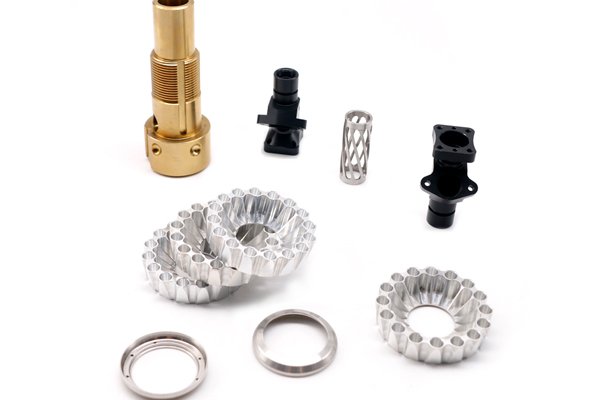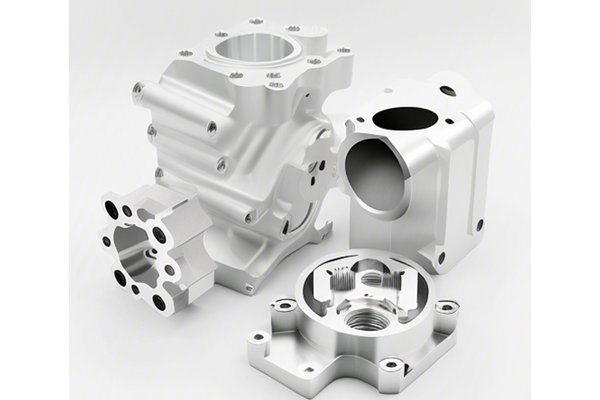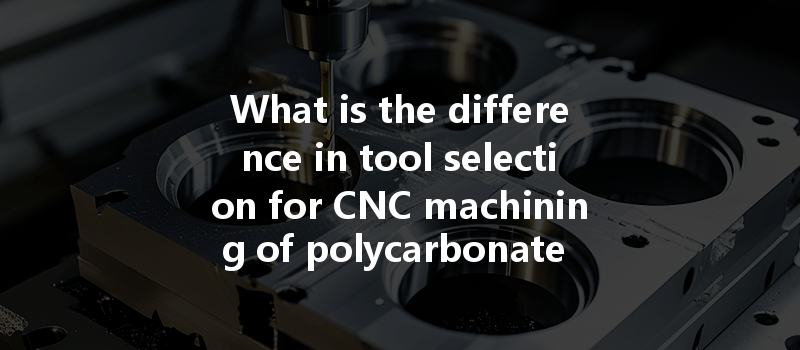In the rapidly evolving landscape of modern manufacturing, the precision and efficiency of CNC (Computer Numerical Control) machining have become paramount. As industries increasingly turn to advanced materials, the selection of appropriate tools for machining becomes critical to achieving optimal results. This article aims to delve into the nuances of CNC machining specific to two prominent thermoplastics: Polycarbonate (PC) and Acrylic (PMMA). By exploring the essential differences in tool selection, we at YL Machining hope to impart valuable insights that can enhance your machining processes, improve product quality, and reduce operational costs.
Understanding the Materials: Polycarbonate vs. Acrylic
Polycarbonate (PC)

Polycarbonate is a transparent thermoplastic known for its exceptional impact resistance, heat resistance, and toughness. Its molecular structure, which is characterized by a high degree of flexibility, makes it an excellent choice for applications requiring durability and structural integrity, such as protective gear, automotive components, and electronic housings. Moreover, polycarbonate boasts a high service temperature, with a glass transition temperature (Tg) around 147°C (297°F).
Acrylic (PMMA)
Acrylic, or polymethyl methacrylate (PMMA), is another transparent thermoplastic that rivals glass in clarity and is often used as a lightweight alternative. Known for its excellent optical clarity, UV resistance, and ease of processing, PMMA is often employed in applications including signage, displays, and lighting. However, acrylic has lower impact resistance compared to polycarbonate, with a Tg around 105°C (221°F), making it less suitable for high-impact applications.
Key Differences Between PC and PMMA in CNC Machining

While both polycarbonate and acrylic share similarities as clear thermoplastics, they present distinct characteristics that necessitate different machining approaches. Below are several key differences that influence tool selection for CNC machining.

In summary, while both polycarbonate and acrylic are valuable thermoplastics celebrated for their clarity and versatility, the differences in their physical and mechanical properties necessitate distinct approaches to CNC machining. From selecting the correct tooling materials and adjusting feed rates to managing cooling strategies, understanding these differences plays a crucial role in optimizing machining processes and ensuring the production of high-quality components.
At YL Machining, we pride ourselves on our comprehensive understanding of CNC machining for various materials, including polycarbonate and acrylic. Our commitment to precision and excellence enables us to guide customers through the intricacies of machining operations, providing recommendations tailored to their specific needs. Whether you’re seeking advice on tool selection, machining options, or optimizing production efficiencies, our team is here to assist you at every step.
By leveraging our expertise and focusing on the unique characteristics of each material, manufacturers can enhance their outputs and meet the growing demands of their industries. Should you have any questions or require further insights into CNC machining or tool selection, feel free to reach out!




